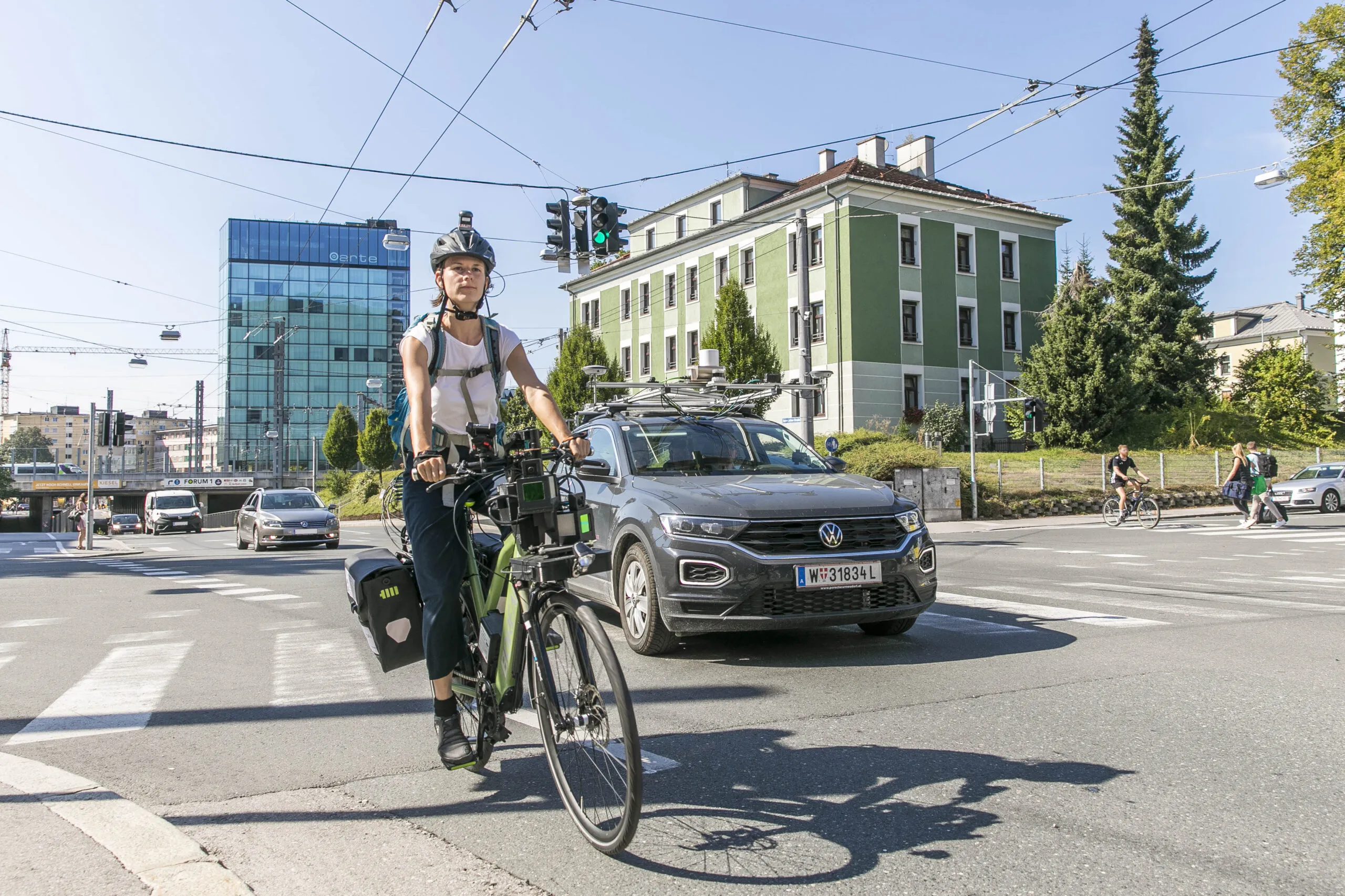Testing carried out on D-cop, Intertraff’s radar based speed enforcement camera with the aim with the objective of accurately verifying how D-cop measures the speed of vehicles showed an average error 0.0001 per cent at speeds up to 242.47 km/h.
A Porsche S was used for the test at the Porsche Engineering speed track in Apulia, Italy by TÜV Italy, part of the TÜV SÜD group, an independent certification and testing body providing certification services for quality, energy, environment, safety and products
May 20, 2014
Read time: 2 mins
Testing carried out on D-cop, 7669 Intertraff’s radar based speed enforcement camera with the aim with the objective of accurately verifying how D-cop measures the speed of vehicles showed an average error 0.0001 per cent at speeds up to 242.47 km/h.
A1656 Porsche S was used for the test at the Porsche Engineering speed track in Apulia, Italy by TÜV Italy, part of the TÜV SÜD group, an independent certification and testing body providing certification services for quality, energy, environment, safety and products.
Tests were carried out in accordance with the procedures defined by the Italian Ministry of Transportation which allows a deviation of a maximum of three per cent for each single measurement. However, the average of all the calculated ratios cannot exceed one per cent.
D-cop is a digital camera which uses radar to simultaneously monitor multiple vehicles over up to four lanes of traffic and determine the speed, position and lane of multiple vehicles. The system detects, tracks and classified all types of moving or stopped vehicle.
A
Tests were carried out in accordance with the procedures defined by the Italian Ministry of Transportation which allows a deviation of a maximum of three per cent for each single measurement. However, the average of all the calculated ratios cannot exceed one per cent.
D-cop is a digital camera which uses radar to simultaneously monitor multiple vehicles over up to four lanes of traffic and determine the speed, position and lane of multiple vehicles. The system detects, tracks and classified all types of moving or stopped vehicle.








